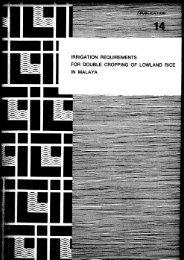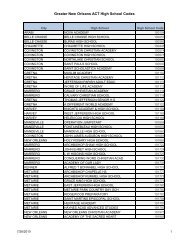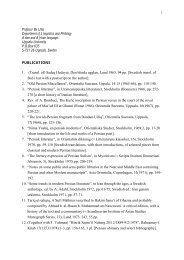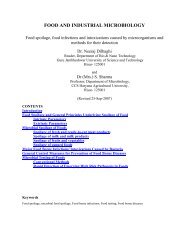On the Future of Indigenous Traditions - Munin
On the Future of Indigenous Traditions - Munin
On the Future of Indigenous Traditions - Munin
Create successful ePaper yourself
Turn your PDF publications into a flip-book with our unique Google optimized e-Paper software.
The crime rate in Tripura has shown an upward trend which has forced <strong>the</strong><br />
state government to go ahead with <strong>the</strong> codification <strong>of</strong> customary laws. 128<br />
2. In Meghalaya, ano<strong>the</strong>r north-eastern state <strong>of</strong> India Ritiwick Dutta makes a<br />
reference <strong>of</strong> <strong>the</strong> Khasi tribes’ customary system, about its use and misuse in<br />
relation to Khasi’s own forest resources and its managements. He brings up<br />
this issues in his paper “Community Managed Forests: Law, Problem and<br />
Alternatives” 129 illustrate what difference it makes in <strong>the</strong> management <strong>of</strong><br />
<strong>the</strong>se resources when this customary system is used. I shall talk about in my<br />
analysis <strong>of</strong> Jharkhand case.<br />
3. Yet ano<strong>the</strong>r illustration, which I shall be elaborating fur<strong>the</strong>r, is <strong>of</strong> Jharkhand:<br />
<strong>the</strong> customary system and its practice <strong>of</strong> <strong>the</strong> Ho Adivais in Charai Pir, <strong>the</strong><br />
Kolhan area in <strong>the</strong> sou<strong>the</strong>rn part <strong>of</strong> this state is taken as a case study here.<br />
Ultimately <strong>the</strong> question with regard to <strong>the</strong>se customary systems <strong>of</strong> Adivasis boils<br />
down to: if <strong>the</strong> Adivasis identify <strong>the</strong>mselves with this system? Moreover, could <strong>the</strong>se<br />
systems, which Adivasis claim to have represented in <strong>the</strong>ir social and political<br />
governance in <strong>the</strong> past, be instrumental in meeting <strong>the</strong> ‘modern’ social and political<br />
needs today? What is its scope in <strong>the</strong> modern nation-state? How democratic would it<br />
be? Would <strong>the</strong> role <strong>of</strong> women in this system be any different from its ‘traditional’<br />
form, and moreover, how inclusive would it be for members <strong>of</strong> those communities<br />
who do not come from an Adivasi background?<br />
4.2. What does <strong>the</strong> customary system have to do with<br />
<strong>the</strong> Adivasi identity today? Also <strong>the</strong> question <strong>of</strong><br />
modern vs. traditional<br />
The reality <strong>of</strong> <strong>the</strong> Adivasis identity in <strong>the</strong> present day context cannot be seen in<br />
isolation. The Adivasis are not only ‘exotic’ beings <strong>of</strong> <strong>the</strong> past but a people who have<br />
128 “Tripura Moves to get Authority for Customary Laws” Deccan Herald, 21 July, 2005,<br />
http://www.deccanherald.com/deccanherald/jul212005/national1319272005720.asp (15 July 2006).<br />
129 Ritwick Dutta, “Community Managed Forest: Law, Problems and Alternatives” Cited in<br />
http://dlc.dlib.indiana.edu/archive/00000815/00/duttar020402.pdf as on 10th July 2006.<br />
82

















